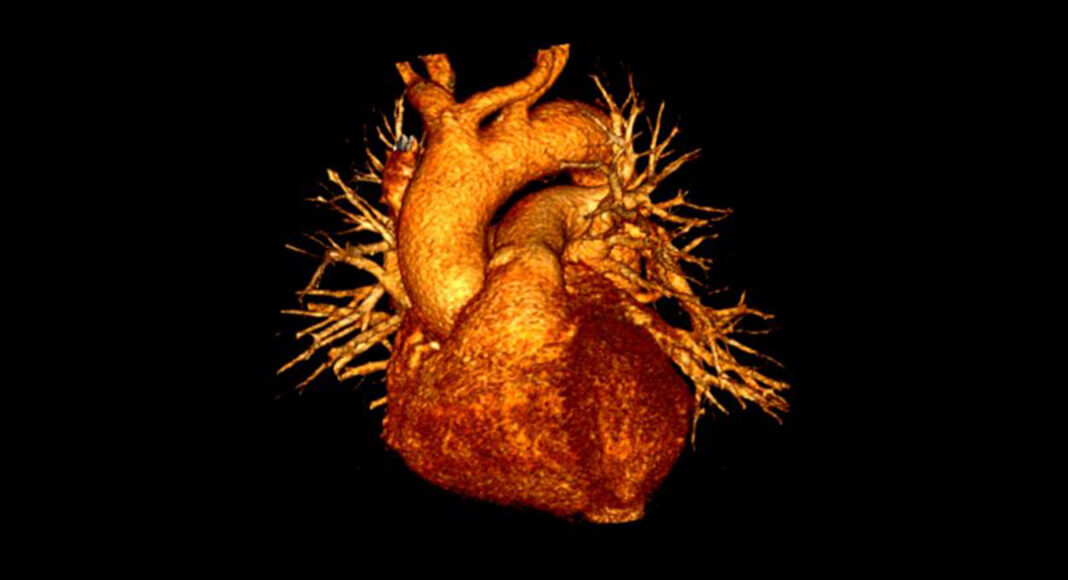
Mega Doctor News
A team led by researchers from Cleveland Clinic and Case Western Reserve University have received a $2.95 million grant over four years from the National Institutes of Health to explore how imaging can be used to predict the risk of atrial fibrillation recurrence.
Using novel computational imaging methods they developed, the researchers will analyze cardiac computed tomography (CT) scans to identify anatomic features that may help predict which patients with atrial fibrillation (AFib) are at higher risk for recurrence following ablation. The four-year multi-institutional retrospective study will develop and validate a new risk prediction tool through the use of artificial intelligence to analyze data from more than 2,000 patients who have undergone AFib ablation procedures.
“Improved ability to determine who may have recurrent AFib following the procedure would greatly help both patient and clinician decision making,” said Cleveland Clinic cardiologist Mina Chung, M.D. “There is a clear unmet need for non-invasive imaging tools to help us identify which parts of the anatomy to target and personalize ablation or medical therapies.”
AFib is the most common type of irregular heart rhythm that can interrupt normal blood flow, making the heart work less efficiently. The condition is associated with an increased risk of stroke, heart failure and even death. According to estimates by the Centers for Disease Control and Prevention, more than 12 million people in the United States will have AFib by 2030.
When medications do not work to correct or control AFib, a procedure may be necessary such as: electrical cardioversion, pulmonary vein antrum isolation or surgical ablation. An ablation works by scarring or destroying heart tissue to disrupt faulty electrical signals causing the arrhythmia.
Using novel computational imaging methods they developed, the researchers will analyze cardiac computed tomography (CT) scans to identify anatomic features that may help identify which AFib patients following ablation are at higher risk for recurrence. This project will also seek to provide insights into anatomic differences between patients who are likely to suffer recurrence from those who are not, using genetic and electrical mapping. Researchers hope the radiographic and clinical data gathered will lead to the creation of a novel artificial intelligence-based imaging platform that can be tested for personalized targeting of ablation, as well as insights into the biologic basis of AFib.









